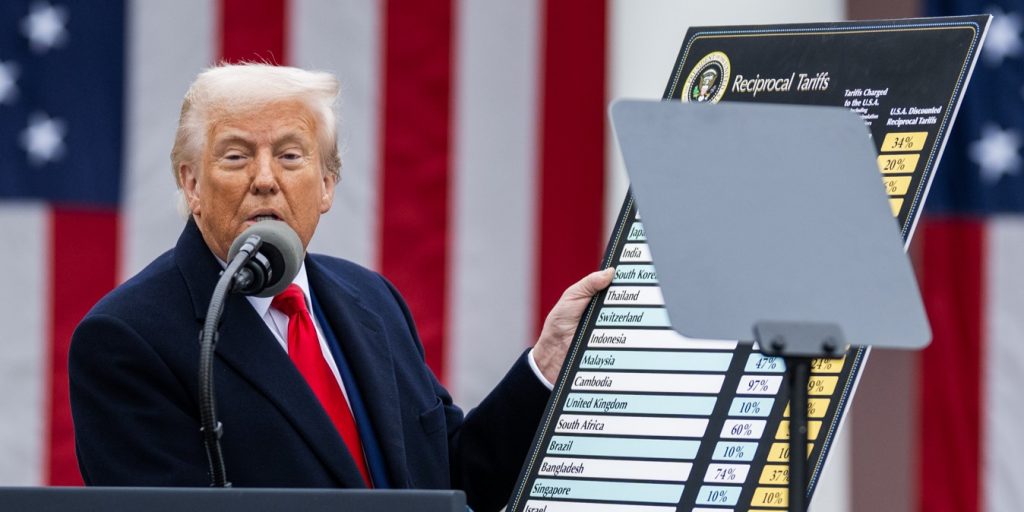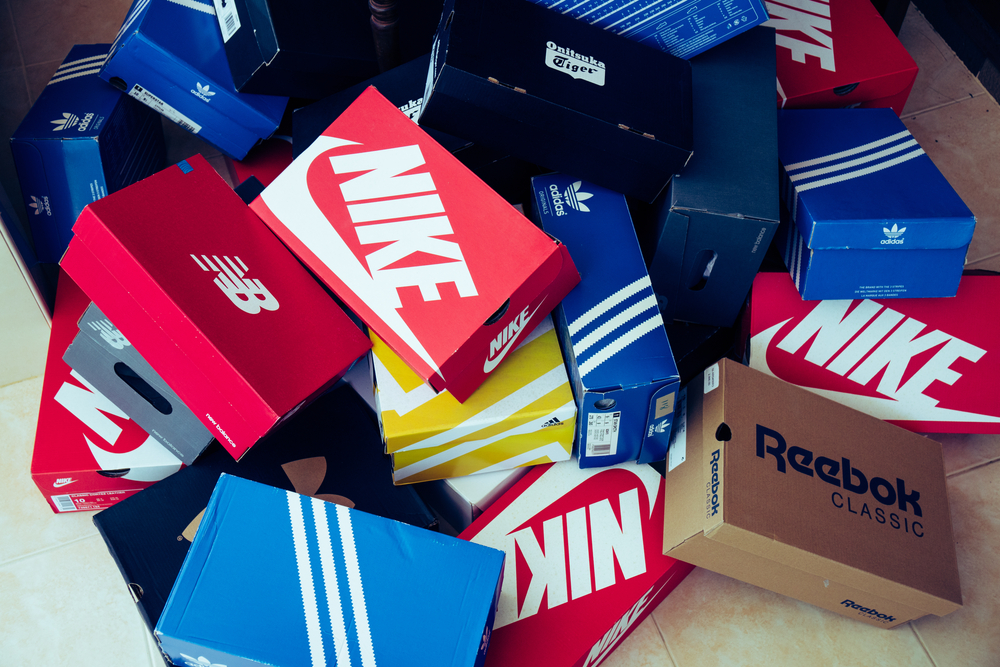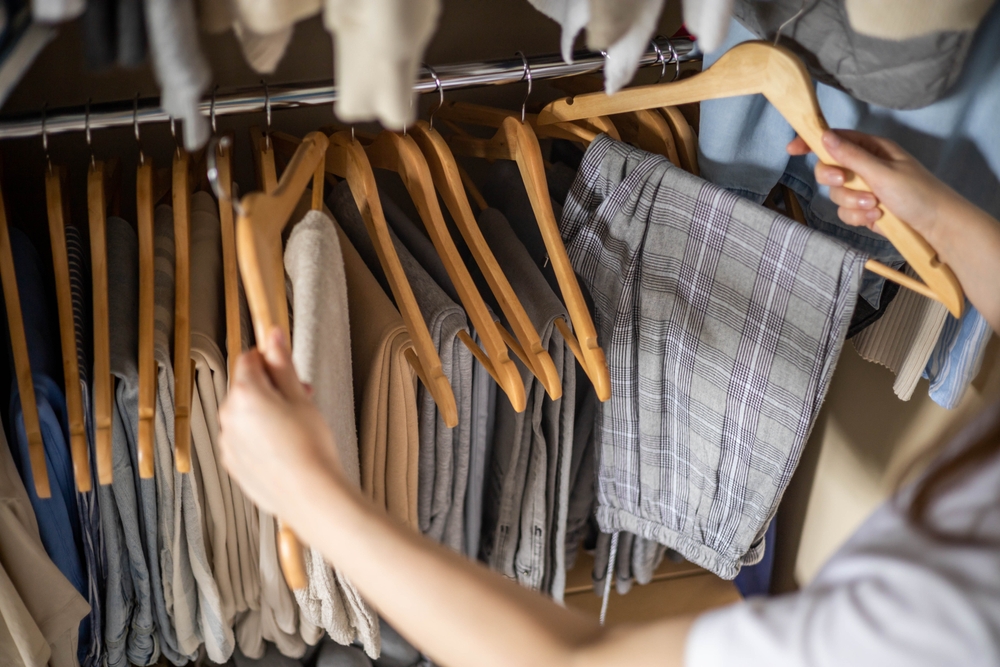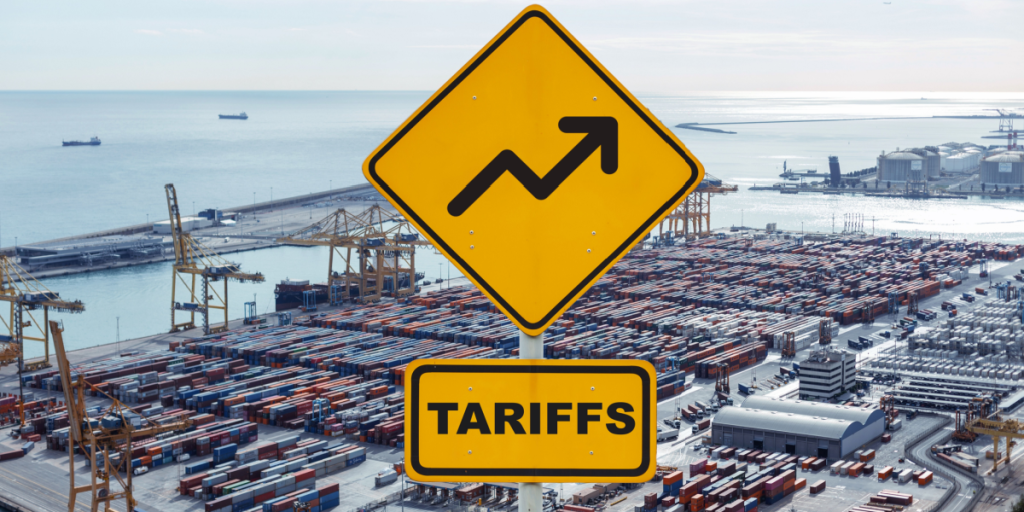You will feel it in your day to day life, if you don’t already.
Others are reading now
You will feel it in your day to day life, if you don’t already.

With the implementation of a 10% universal import tariff, and 145% tariffs on Chinese goods, President Trump’s trade war is no longer just a political headline.
It’s now a price tag issue for American shoppers.
From toys and baby gear to fashion and kitchenware, product variety is disappearing, and innovation is slowing to a crawl. Here’s how your next shopping trip might look very different.
Also read
Less Choice, Fewer Variants

The most immediate change? Smaller selections.
Whether you’re buying backpacks, blenders, or ballet flats, brands are cutting color options, reducing styles, and shelving entire product lines.
Variety, once a hallmark of American retail, is becoming a luxury.
The 145% China Tariff Is a Game-Changer

The ultra-high tariff on Chinese imports is effectively a trade embargo.
It’s hitting categories like toys, electronics, shoes, and household goods, where China has long been the dominant supplier.
Companies are scrambling to shift production, but few can do it quickly or cheaply.
Retailers Downsize Inventories

Major players like Hasbro, Newell Brands, and Dollar Tree are trimming down.
Hasbro is favoring simpler, low-tech toys made in India over its usual China-made offerings.
Newell, which makes Graco and Baby Jogger, is scaling back variety across baby gear categories.
Small Businesses Are the First to Feel the Squeeze

Smaller companies like Sarah Wells, a breast pump bag brand, are being forced to cut product lines and new launches.
Wells has already dropped several color options and is limiting reorders due to the risk of high tariffs and shrinking profit margins.
Innovation Put on Ice

Several companies say they’ve put product development on pause.
At Yedi Houseware, new kitchen appliance designs are shelved indefinitely.
For small brands and niche creators, tariffs are killing the pipeline of new and experimental offerings.
Fewer Discounts, Less Flexibility

Retailers are holding onto seasonal inventory like boots instead of marking them down, unsure if they’ll be able to restock.
That means fewer deals for shoppers and less flexibility for retailers to adapt to demand shifts.
Rising Prices Without Better Quality

With fewer sources to turn to, companies are paying more for less.
Products made outside China, often in smaller volumes or from more expensive suppliers, come at a higher cost, meaning shoppers may pay more for simpler or lower-quality items.


